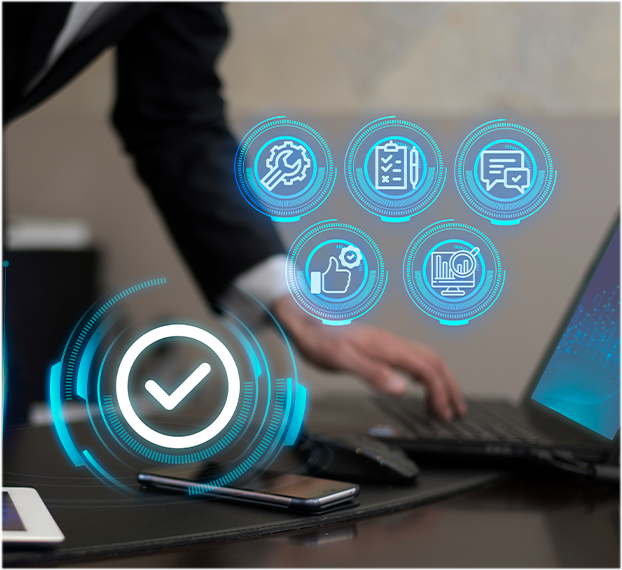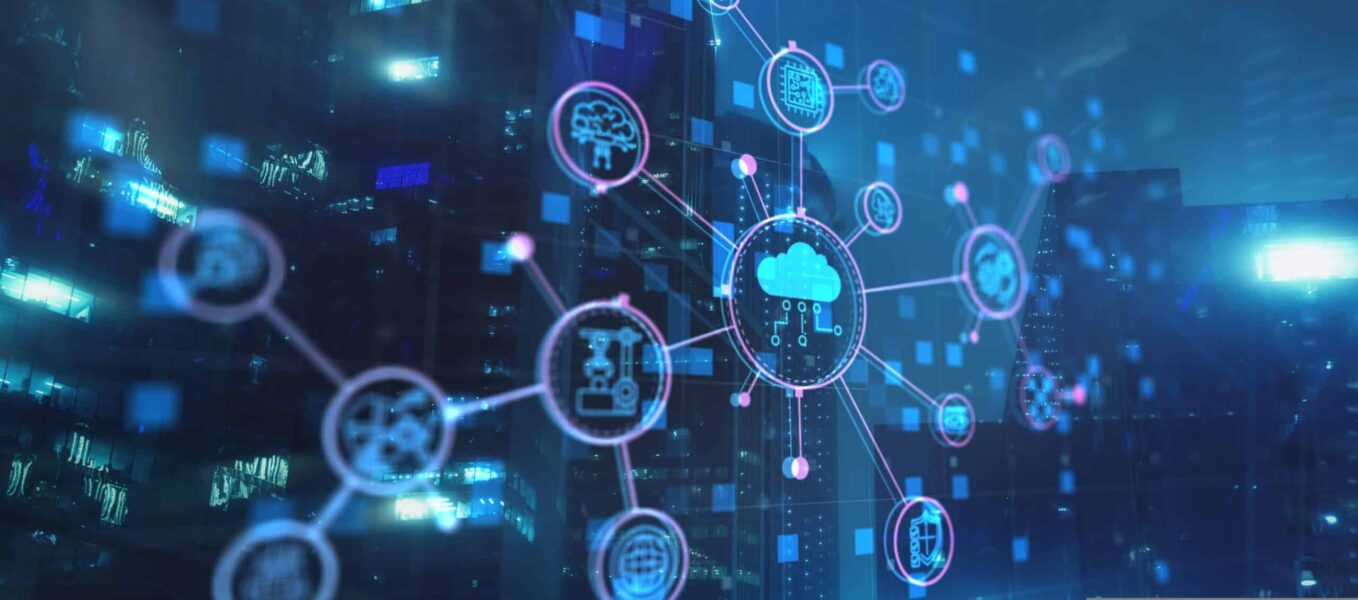ERP vs CRM
In the dynamic landscape of business software solutions, two acronyms frequently make their way into strategic discussions: ERP (Enterprise Resource Planning) and CRM (Customer Relationship Management). These powerful tools play pivotal roles in streamlining business processes, enhancing efficiency, and fostering growth. In this article, we’ll delve into the nuances of ERP and CRM, exploring their differences, and uncovering the synergies they create within the realm of business software.

Defining ERP and CRM:
Enterprise Resource Planning (ERP):
At its core, ERP is a comprehensive suite of integrated applications designed to manage and automate various business functions. From finance and human resources to supply chain and manufacturing, ERP acts as a centralized hub, allowing real-time visibility into critical data. The goal is to enhance collaboration, facilitate data-driven decision-making, and optimize overall business performance.
Customer Relationship Management (CRM):
On the other hand, CRM focuses specifically on customer interactions and relationships. It encompasses tools and processes dedicated to managing customer data, interactions, and engagements throughout the customer lifecycle. CRM systems aim to improve customer satisfaction, drive sales, and cultivate long-lasting customer relationships.
Understanding the Differences:
1. Scope of Functionality:
– ERP: Encompasses a broad range of business processes, including finance, supply chain, manufacturing, and human resources.
– CRM: Primarily focuses on customer-facing activities such as sales, marketing, and customer service
2. Centralization vs. Specialization:
– ERP: Acts as a centralized database, connecting various departments and ensuring a unified view of organizational data.
– CRM: Specializes in managing customer-centric data, providing insights into customer behaviors and preferences.
3. Data Usage:
– ERP: Utilizes data from various departments to optimize internal processes and resource allocation.
– CRM: Leverages customer data to enhance interactions, personalize marketing efforts, and improve overall customer experience
4. Timeframe:
– ERP: Addresses long-term strategic goals and overall business efficiency.
– CRM: Concentrates on short to medium-term objectives related to customer acquisition, retention, and satisfaction.
Synergies between ERP and CRM:
While ERP and CRM serve distinct purposes, their integration can create a harmonious synergy that enhances overall business operations. The integration of ERP and CRM is particularly relevant in the context of SAP, a leading player in business software, with a notable presence, even in regions like Iraq.
1. Comprehensive Data Insights:
By integrating ERP and CRM, businesses can achieve a 360-degree view of both internal operations and customer interactions. This comprehensive data insight enables more informed decision-making across the organization.
2. Streamlined Processes:
Integration ensures seamless communication between different departments, reducing manual data entry and eliminating silos. This streamlined process enhances overall efficiency and reduces the likelihood of errors.
3. Improved Customer Service:
ERP-CRM integration facilitates a more holistic approach to customer service. Customer service representatives can access real-time data from both ERP and CRM systems, enabling them to provide more personalized and effective support.
4. Enhanced Forecasting:
The collaboration between ERP and CRM data allows for more accurate forecasting. Businesses can anticipate customer needs, optimize inventory levels, and make strategic decisions based on a comprehensive understanding of both internal and external factors.
5. Cloud Computing Advantages:
The synergy between ERP and CRM is further amplified when both systems are hosted on cloud platforms. This not only ensures accessibility from anywhere but also promotes scalability and cost-effectiveness.
In conclusion, while ERP and CRM serve different purposes within an organization, their integration can lead to a more holistic and powerful business management solution. In the context of SAP in Iraq and the broader realm of business software, understanding the differences and leveraging the synergies between ERP and CRM is essential for organizations striving for operational excellence and sustained growth.








